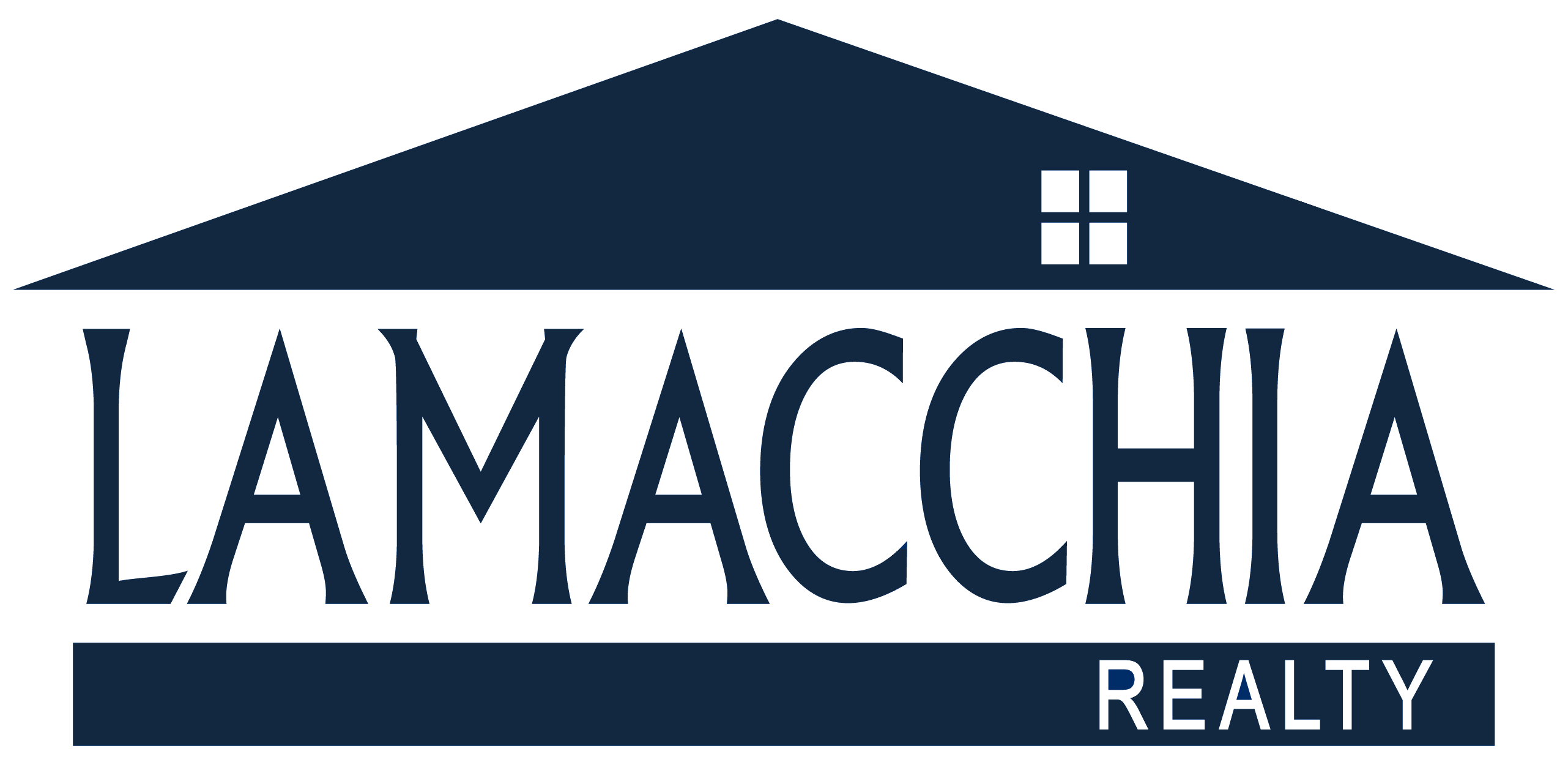 Thinking of purchasing an income property? Or do you have a vacancy and are curious about what potential tenants are going to ask?
Thinking of purchasing an income property? Or do you have a vacancy and are curious about what potential tenants are going to ask?
Tenants will always have questions before deciding to sign a lease. We break down six of the most common questions asked so that landlords can be prepared with the right information.
1. What utilities are included in the rent?
This is by far one of the most common questions because everyone wants to know exactly how much they will be paying a month. Rent can include utilities like trash removal, water, heat, and electricity or the landlord can opt to keep them separate. Every property and landlord is different, and which utilities are included should be outlined in the paperwork.
2. What is involved in the application process?
Generally, people want to know how long it will take for the application to be complete and what they’re going to need to provide the landlord. Are there application fees, background checks, credit score review, and how much money is required up front (see below). If you have a rental agent, this is much more streamlined and can be done once for tenants applying for multiple properties, and for landlords, this can be accomplished more efficiently as well with a rental agent who is familiar with processing all of this information for multiple applicants.
3. Are pets allowed? If so, is there a size restriction?
Allowing pets can be a tough call for landlords, especially those who themselves do not own them. The cons associated with pets in rentals can be strong deterrents for landlords, such as noise, damage to property, potential dog bites (for which the landlord can be held liable), and allergies of other tenants. Furthermore, if the rental is located in a condominium complex, the condo association may prohibit pets in the first place. The pros for landlords to allow pets are that tenants tend to stay longer because finding a rental which allows pets can be difficult. As well, landlords can sometimes benefit financially by charging a non-refundable pet fee, rent at a premium, and as well, tenants should be aware that their security deposit could increase. Pet size can be restricted based on the size of the property or other factors, so landlords should know exactly which weight is allowed, and if they’re going to also restrict breed. Pet owners need to ask these questions prior to signing the lease, which should have all this information listed in it.
4. Who takes care of maintenance and emergency repairs?
If a landlord employs a property management company, that company will be the point of contact for these types of inquiries. If not, the landlord is who is responsible for managing these situations, 24/7. Trash and snow removal, if not included in the utilities, will be the responsibility of the tenant. If none of the utilities are included, generally the tenant would need to contact their service provider should any complications arise.
5. What is the parking situation?
Tenants will need to know how many cars are allotted for in the parking lot or driveway, if at all. Many city properties don’t have the luxury of parking spots, and so street parking is the only option. For those properties with parking, the spots are generally assigned with guest parking on the street.
6. What is due up front?
This varies depending on what state you live in. In Massachusetts, when you first move in you are required to pay first month’s rent, last month’s rent, security deposit and the cost of a new lock and key. The security deposit, however, can’t be more than the amount of your first month’s rent. This deposit is to protect the landlord in case a tenant damages the apartment in any way. The security deposit is held in a separate account and should be returned to the tenant at the end of the lease if there is no damage to the property. The last month’s rent also protects your landlord in the event that you leave early and do not pay last month’s rent.
